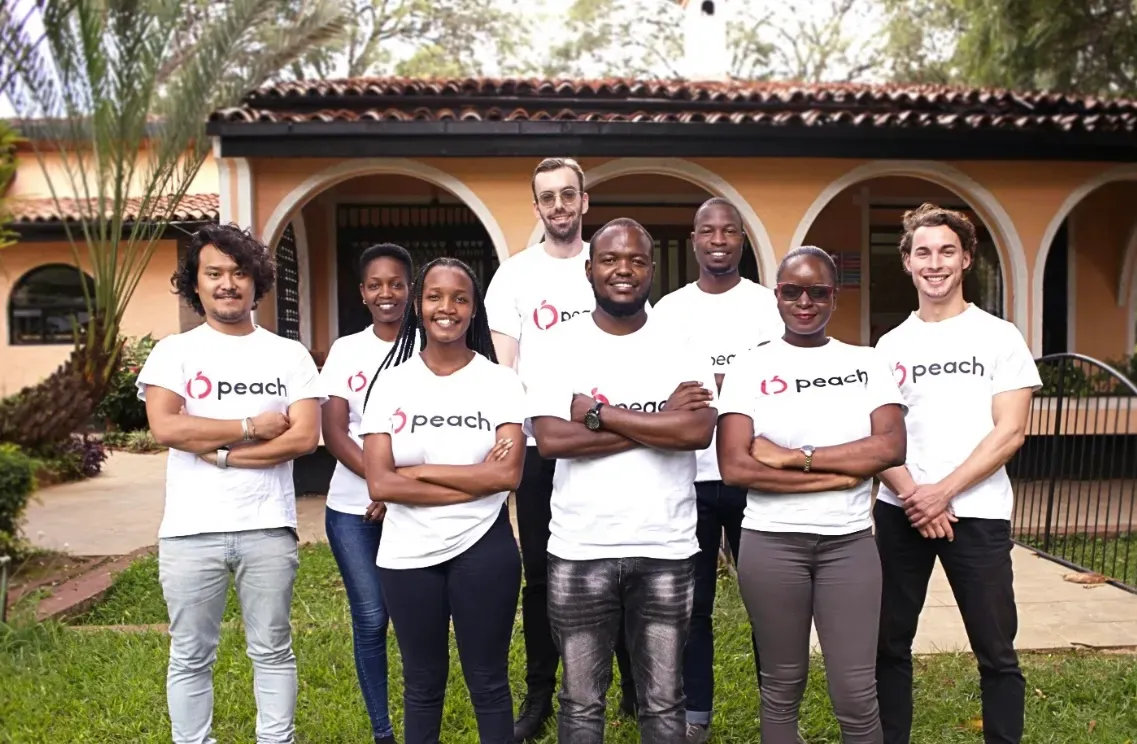Peach Cars Raises $11M to Tackle Kenya’s Used Car Buying Process

Peach Cars, a Tokyo-founded startup operating in Kenya, has secured $11 million in Series A funding to address the persistent challenges plaguing the country’s used car market.
In Kenya, purchasing a second-hand car is often riddled with risks, unclear pricing, lack of reliable condition reports, and hidden faults that leave buyers frustrated. Peach Cars is positioning itself to change that narrative by building a transparent, data-driven marketplace that streamlines vehicle transactions.
Founded in 2020 by Kaoru Kaganoi and Zachary Petroni, the startup has developed a platform that allows car buyers and sellers to transact directly without intermediaries. Key to Peach’s model is its proprietary 225-point inspection system, real-time vehicle appraisal, and integrated financing options that include instant credit scoring. These features, common in mature markets like Japan, are still largely absent in Africa’s automotive landscape.
“Our mission is to make sure everyone, whether spending $4,000 or $40,000, gets a delightful, transparent experience,” Kaganoi emphasized when the company announced its seed round.
Peach Cars generates revenue through transaction fees, inspection services, vehicle handovers, and auto loans. However, its ambitions go well beyond sales. The company is building an end-to-end mobility ecosystem that connects logistics, parts sourcing, maintenance, and financing, which Kaganoi describes as an “infrastructure of trust.”
With the fresh capital, Peach plans to scale operations across Kenya and expand to other East and Sub-Saharan African markets. The company will also invest in regional inspection hubs, logistics services, and enhancements to its AI-powered transaction engine.
The funding round, led by Suzuki Global Ventures, also attracted investment from the Japan Bank for International Cooperation, Gohgin Capital, and returning backer University of Tokyo Edge Capital Partners (UTEC), which initially supported the company with $5 million in 2023.
